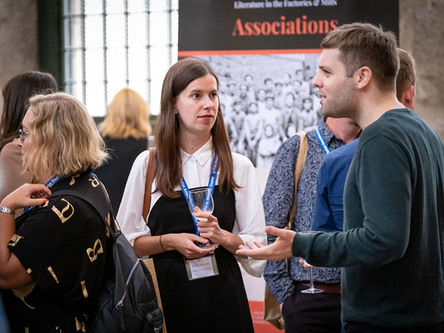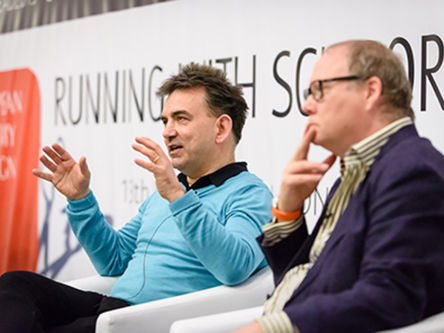The world around us is changing. As technology and societal pressures shift, so too do people’s priorities on health and fitness. As a result, around two thirds of adults in Scotland are overweight – with almost a third classified as obese.
Dr Vanessa Kay, director of surgical skills at the Dundee Institute of Healthcare Simulation, says, “Obesity is a huge problem in Scotland and that sets difficult challenges for surgeons – these patients tend to have other conditions like diabetes or lung or heart disease which increase risks during procedures.”
That’s why Dr Kay and her colleagues are setting up a new pilot scheme focusing on the needs of obese patients during surgery – the first of its kind in the world. Dr Kay explains, “While there are courses which cover specific operations for obese patients, there has never been an entire course dedicated to the overall surgical care for patients with obesity. But with it being such an important issue in Scotland, there is clearly a need for such a course.”
Although operating on obese patients presents issues across most surgical specialities, it is most prevalent in gynaecology – where some cancers are up to three times more likely to present themselves in obese patients. In these patients there is obviously a need to operate whatever their weight, and although keyhole surgery has proven to be an effective method there is still much to learn about the whole healthcare experience.
Dr Kay says, “We are carrying out an assessment of needs. We’re asking healthcare providers about the problems they face and following volunteer patients through the whole process to gain a greater understanding of how we can aid their care.
“We are also piloting a training course in gynaecology, beginning in spring 2020, and are currently working with a team of medical engineers to build a realistic obese surgical model using plastic material and animal tissue.
“In the future, we plan to introduce obese cadavers to the programme in order to provide the most realistic training available. We are working with the University of Dundee’s anatomy department to purchase special embalming tanks for this purpose, that are designed to hold larger bodies.”
And while beginning with a focus on gynaecology, the project’s long-term goal is to develop training for all surgical disciplines – introducing compulsory obesity training for healthcare practitioners in Scotland, and also impacting on the medical profession across the globe.

“While obesity is a major issue in Scotland,” adds Dr Kay, “it is also an international problem. In the Middle East, America, all over the world – there are common obstacles faced by surgeons and we hope that this training – which will be open to anyone – will be able to help surgeons and medical staff to combat these effectively.”







